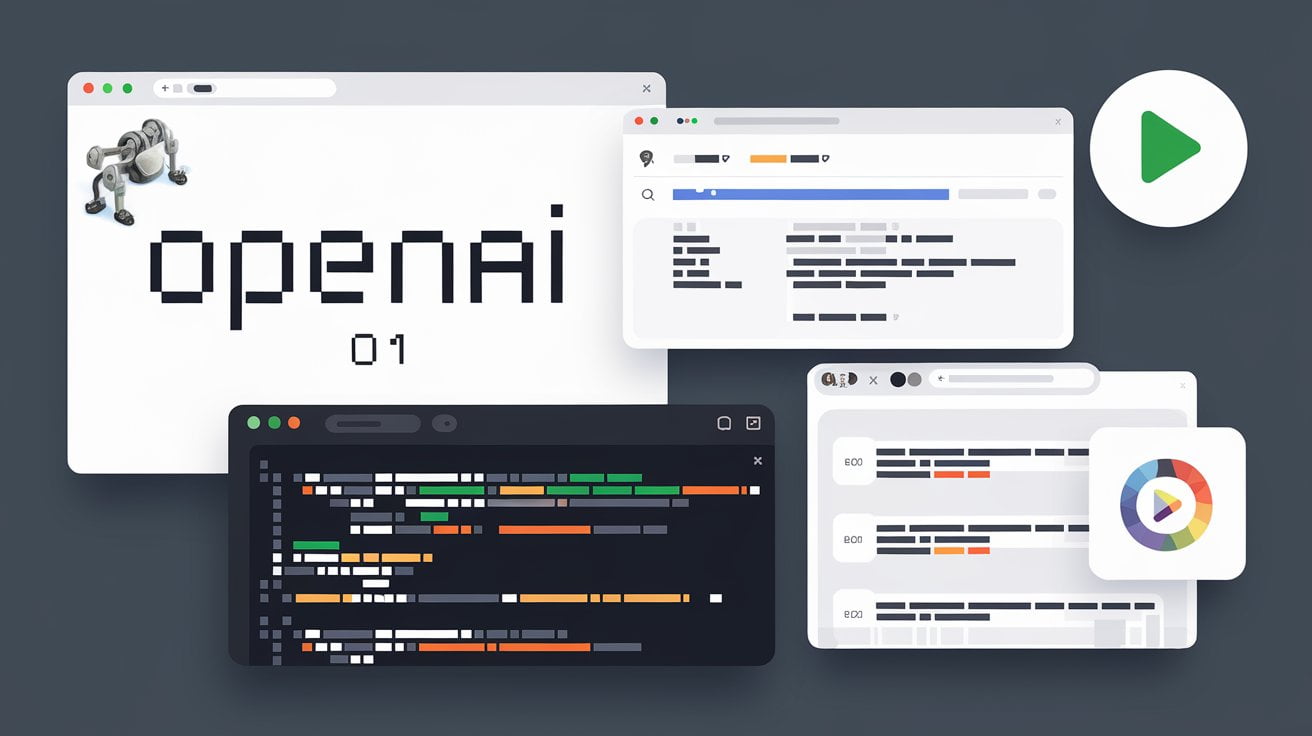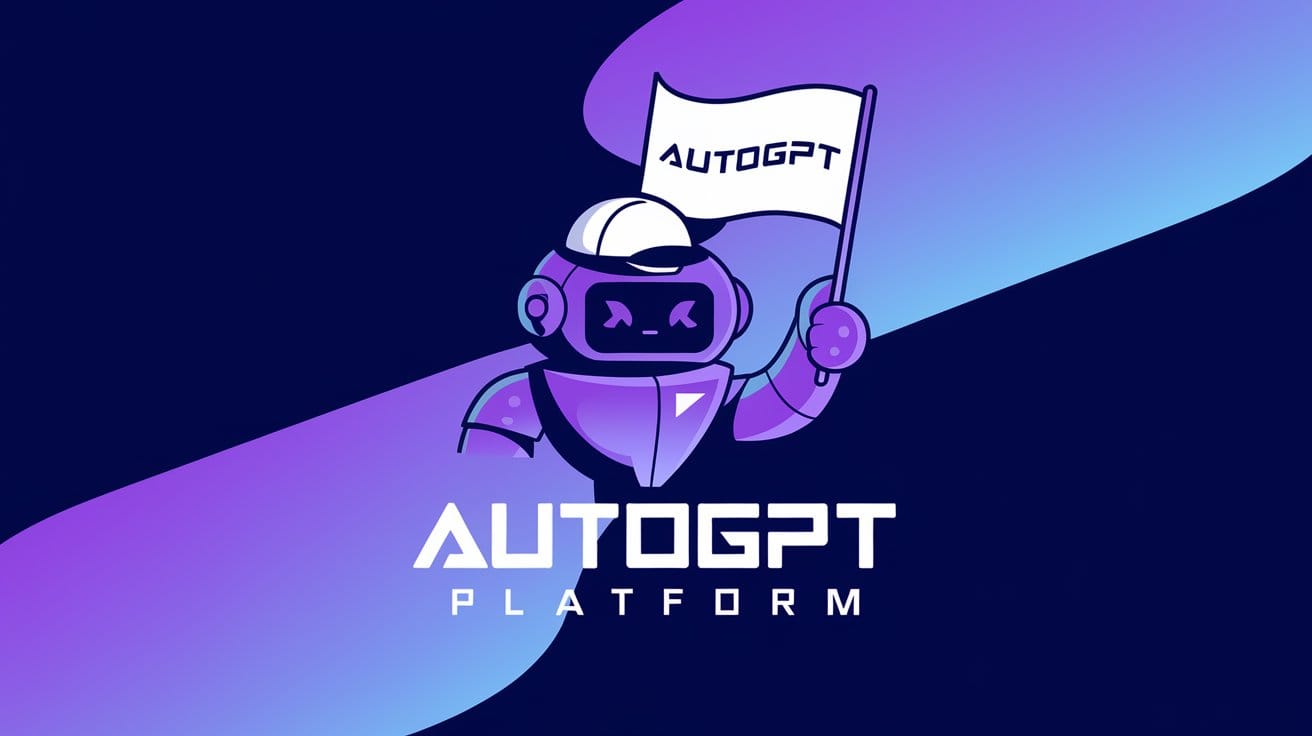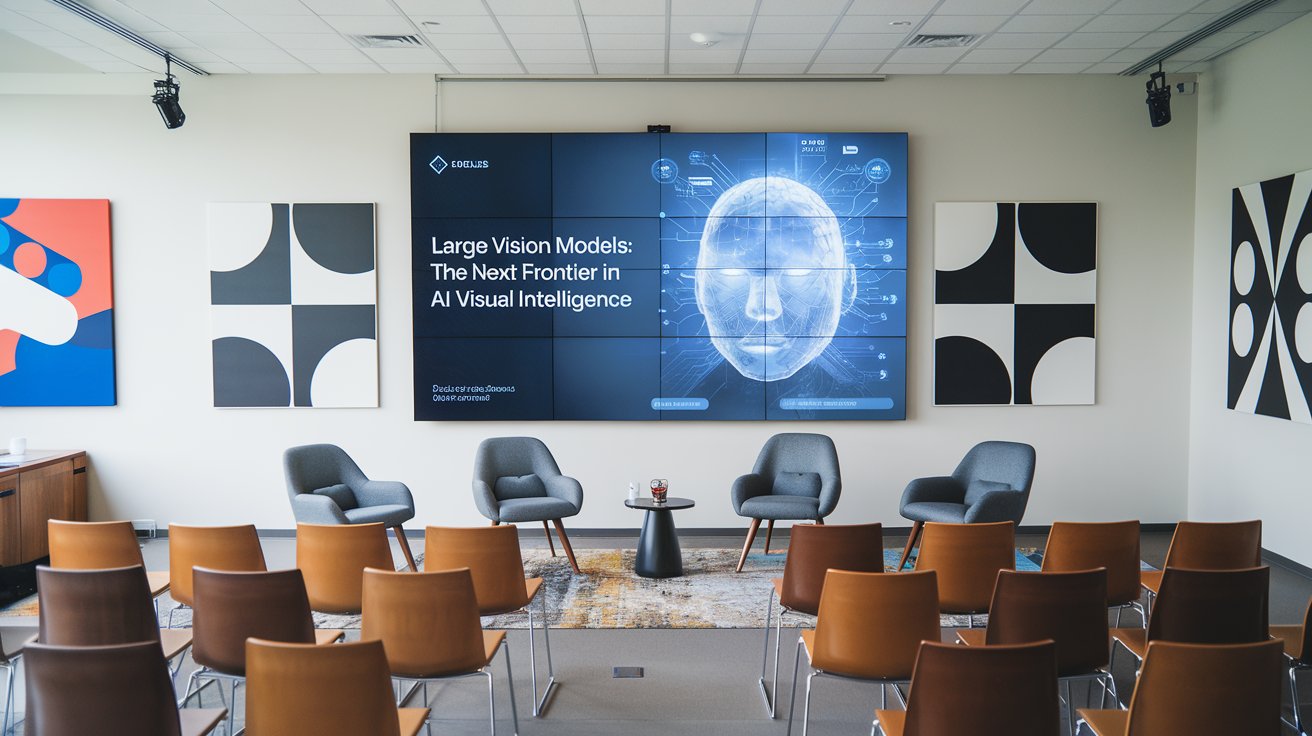The Future of Work: Insights from 4 Million Claude Conversations

The Future of work is evolving, and AI is at the heart of it. Anthropic Claude recently launched the Anthropic Economic Index, a new project designed to measure AI’s influence on the economy over time. The Index’s first report analyzed millions of real-world Claude conversations to uncover how professionals across industries are integrating AI into their daily tasks. From coding to content creation, the findings highlight AI’s growing role as a collaborator, not just a tool. Let’s dive into the key insights and explore what they mean for your career.
Key Takeaways from the Claude Conversations Study
Software Development & Writing:
- 47% of AI usage focuses on coding, debugging, and content creation.
- Benefits professions such as software developers, data scientists, and technical writers (e.g., refining Python scripts or drafting blog posts).
Broader Occupational Use:
- 36% of occupations use AI for around 25% of their tasks.
- Applies to roles like marketing managers, teachers, and healthcare workers for tasks such as market research, lesson planning, and patient education.
- Limited adoption in physically intensive jobs (e.g., construction) due to current AI limitations.
Augmentation vs. Automation:
- 57% of AI interactions serve as collaborative aids (providing iterative feedback).
- 43% serve automation purposes (e.g., generating reports with minimal input), indicating AI currently augments human work rather than replacing it.
Wage & Skill Disparities:
- Highest AI use is in mid-to-high wage professions (e.g., software engineers earning between $75k–$125k per year).
- Professions requiring a bachelor’s degree see more AI adoption compared to those needing minimal training or advanced degrees.
Model-Specific Trends:
- Claude 3.5 Sonnet is preferred for coding tasks.
- Claude 3 Opus is favored for creative writing and educational tasks.
How Artificial intelligence is Revolutionizing Industries
Let’s dive into industry-specific uses, with real-world examples:
Software Development: The AI-Powered Engineer
- Usage: 37% of AI interactions were for coding tasks such as debugging, code optimization, and documentation.
- Example: A developer applied Claude to debug a Python mistake, trying alternatives until the script executed perfectly.
- Implication: AI saves time on repetitive code, allowing engineers to innovate.
Writing and Content Generation: From Ideas to Masterpieces
- Usage: 10% of interactions comprised content generation (e.g., blog posts, emails).
- Example: A marketer wrote a product launch email within minutes, and then edited with the assistance of Claude.
- Implication: AI accelerates content creation without losing quality, perfect for SEO-led sectors.
Healthcare: AI as Diagnostic Partner
- Usage: Activities such as patient education and research summary benefited from AI adoption.
- Example: A nurse employed Claude to describe diabetes self-management to a patient, clarifying complex technical terms.
- Implication: AI assists healthcare providers by taking over routine questions, leaving them time for high-level work.
Education: Personalized Education at Scale
- Usage: Educators used AI for lesson planning and student tests.
- Example: A teacher used Claude to create interactive math problems specific to student abilities.
- Implication: AI makes education inclusive by providing bespoke resources.
Business and Finance: Data-Driven Decisions
- Usage: AI was used for market analysis, finance forecasting, and report generation.
- Example: A financial analyst utilized Claude to break down quarterly earnings reports.
- Implication: Artificial Intelligence streamlines data processing, leading to quicker, smarter business choices.
The Future of Work: What's Coming Next?
The study’s report foretells an AI-integrated future. Here’s what experts need to know:
The study’s findings hint at a future where AI is ubiquitous. Here’s what professionals need to know:
- New Roles, New Skills
- AI Prompt Engineers: Experts who design optimal AI inputs for specific tasks.
- AI Ethicists: Professionals ensuring AI systems are fair and unbiased.
- Upskilling is key: Enroll in courses like our Generative AI program to stay ahead.
- The Automation vs. Augmentation Tightrope
- While 43% of AI use is for automation, 57% focuses on augmentation. This duality means AI will augment most jobs, not eliminate them—but roles will evolve.
- Wage and Skill Polarization
- AI adoption is highest in mid-wage roles, suggesting lower-wage jobs may face displacement risks. Upskilling in AI could bridge this gap.
The insights from the Anthropic Economic Index paint a clear picture: Artificial Intelligence is no longer a futuristic concept—it’s a present-day reality transforming industries and job roles. Whether you’re a developer, writer, educator, or business professional, understanding AI’s potential is no longer optional—it’s essential.
To stay ahead of the curve, consider taking our Generative AI course. Designed for professionals like you, the course covers practical AI applications, tools like Claude.ai, and strategies to future-proof your career. From hands-on projects to expert guidance, you’ll gain the skills to leverage AI as a collaborator, not just a tool.








